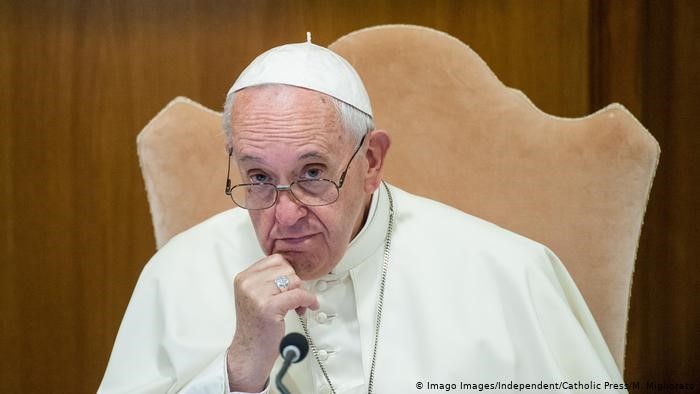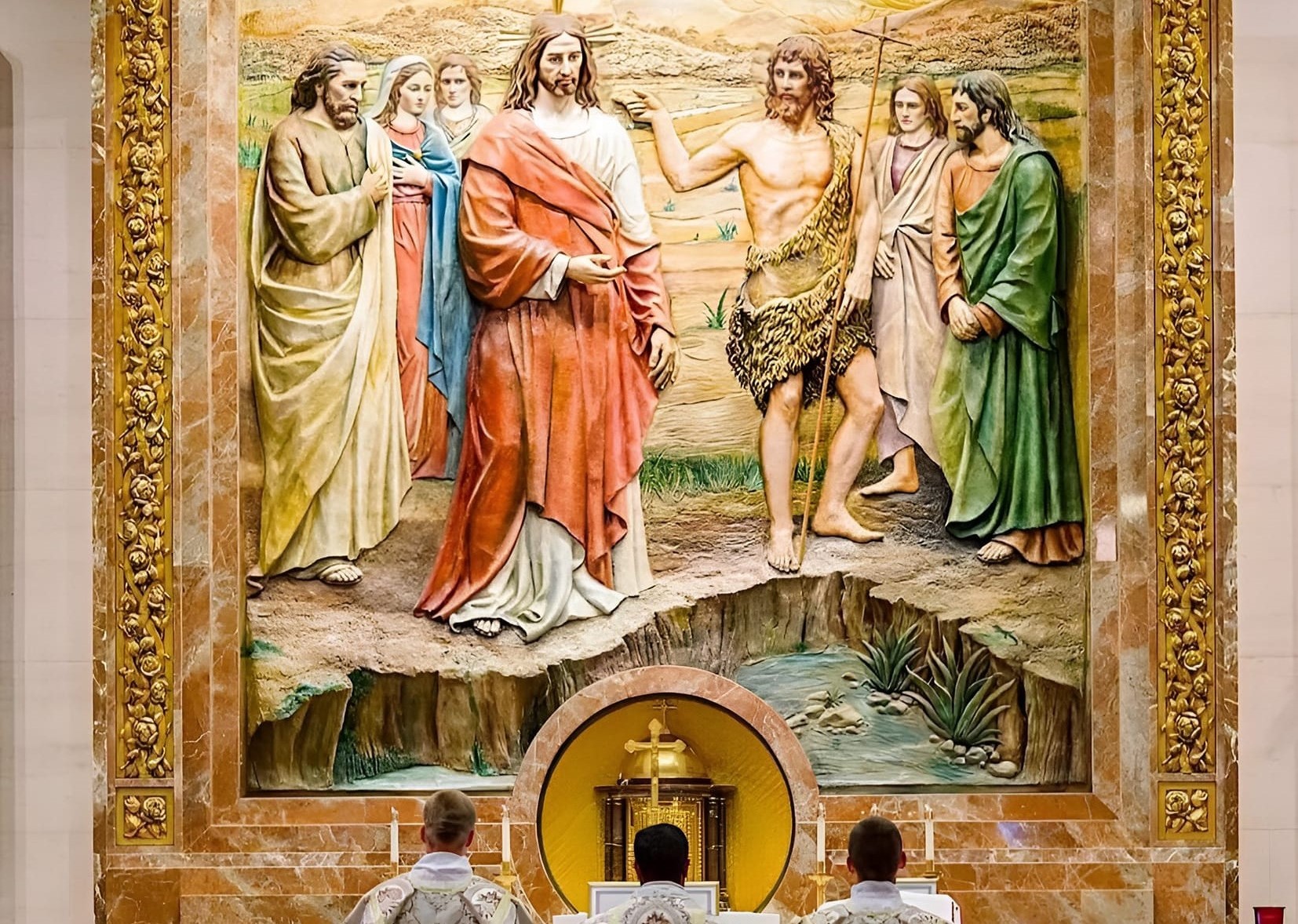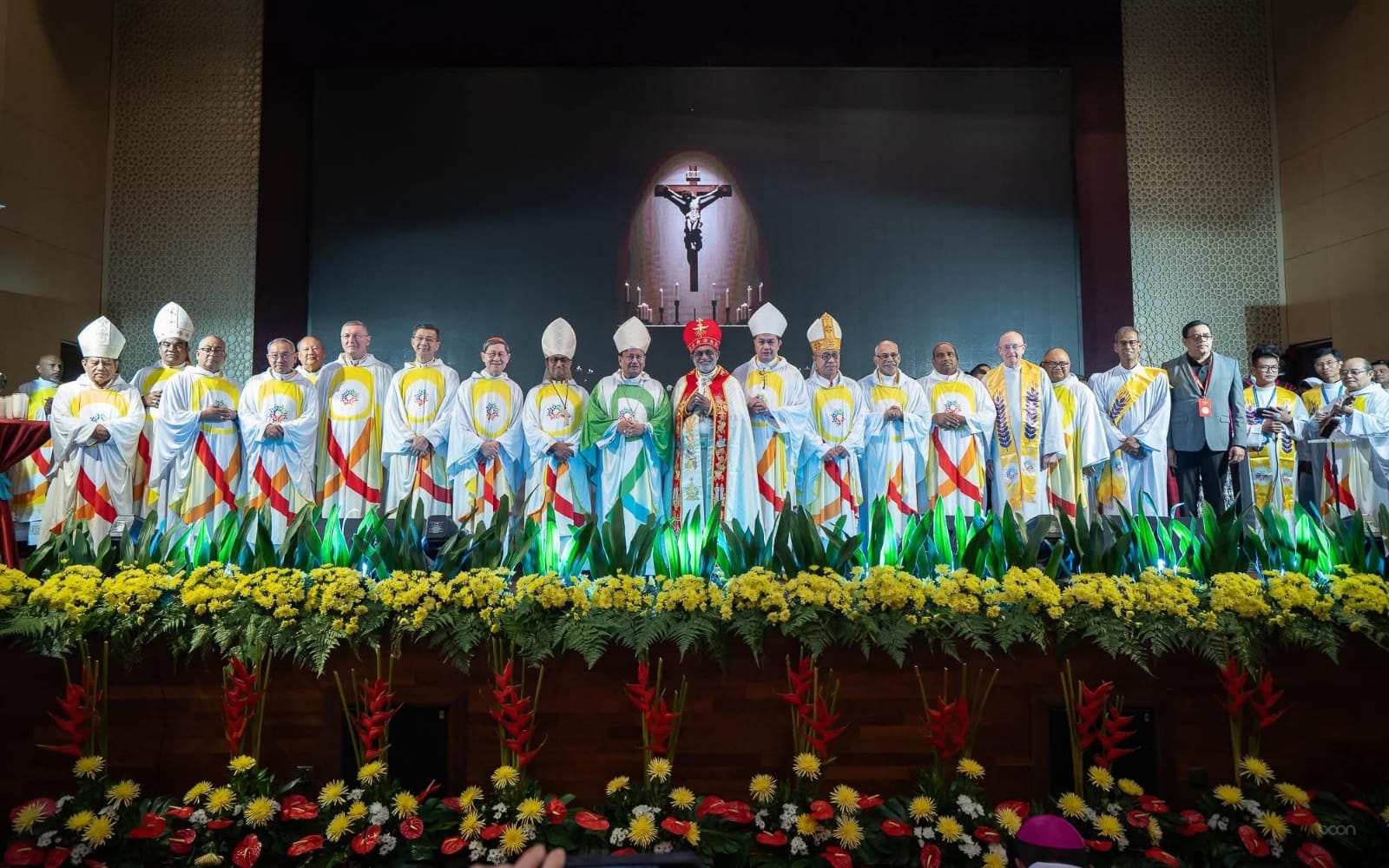– Carlos Frota
A good fight … in many fronts. Pope Francis is a warrior, but an uncommon one, a warrior of the good war, on behalf of the poorest of the world.
Two topics of the Pope’a agenda, in recent days, called my attention: a conference about the necessary reforms of the international economic system, towards more social justice and less inequality, and the celebration of the first anniversary of the Declaration on Human Fraternity, signed last year in Abu Dhabi, were the highest leader of the Sunni community of Islam co-signed a document laying the basis for inter-religious friendship and cooperation for peace and reconciliation among followers of the different religions.
Looking at the importance of both issues, economic injustice and religious enmity, we can say that they are the double portrait of all the difficulties of our time. And Pope Francis, with his well known modesty, doesn’t avoid the difficulties of the double challenge.
It’s the economy, stupid!
Do you remember Bill Clinton’s famous admonition towards his rival George HW Bush, emphasizing the importance during an electoral campaign of the performance … or underperformance of the economy, mainly when one of the contenders is fighting for reelection and it’s his own job which is under scrutiny?
In the same line of thought, did you see the time spent by President Trump on economic issues, during his recent address to the US Congress on the State of the Union?
Economy matters… Some days ago, the Pontiff urged global finance leaders to reduce economic inequality, in a seminar organized by the Vatican. Promoted by the Pontifical Academy of Social Sciences, the event aimed to propose and map out rules for a new economic model in times of increasing social and economic inequality.
Entitled “New Forms of Solidarity Towards Fraternal Inclusion, Integration and Innovation,” the Conference aimed to propose new rules for a supportive, inclusive and sustainable world, to discuss the role and responsibilities of international finance and to propose new ways to restore the ethical foundations of economics.
Structures of sin …
This is how the Pope characterized the international economy nowadays. And he went on to say how extreme poverty has continued to exist alongside great wealth throughout much of human history.
Currently, the 50 richest people possess the equivalent of US$ 2.2 trillion. The Pope said that, on their own, they could finance “medical care and education for every poor child in the world, either through taxes and/or philanthropy” and save millions of lives every year.
And he condemned recurrent tax breaks for wealthy individuals as “structures of sin.” “Every year hundreds of millions of dollars – which should be collected as taxes and go to finance healthcare and education – instead end up in offshore accounts,” he said.
The Pope addressed top world economists, finance ministers to discuss new forms of economic solidarity, inclusion, integration and innovation for a more just and equal world.
Nobel laureate, US economist Joseph Stiglitz, entitled his keynote address “Global Economic Transformation: Power, People and Values.” He highlighted the fact that capitalism is in crisis, describing the many aspects of this crisis which range from inequality to climate change to a moral crisis.
“I attributed a major part of these crises to the belief in unfettered markets, new liberalism, and I suggested a way forward,” he said.
Stiglitz explained that there are ways to reform the market economy and capitalism and restore a greater balance between markets, governments, civil society by creating a broader ecology of institutional arrangements, “with more emphasis on NGOs, on cooperatives and trying to introduce more solidarity, bring about more equality.”
Planet first … people first
I think we have to do many things, there is no silver bullet: we have to rewrite the rules of national economy, of global economy to reduce corporate power, to reduce tax evasion and avoidance, to create more progressive taxation, to give workers more bargaining power, encourage collective bargaining, strengthening unions, make sure that corporations don’t just pay attention to their shareholders but to all the stakeholders including their customers, their workers, the communities in which they work and the planet on which we live and we have to rethink our international agreements, not in the way that President Trump is talking about: “America First” or any other body first; it’s the planet first and people first is what it’s about.
First anniversary of Document on Human Fraternity
As we will recall, Pope Francis and the Grand Imam of Al-Azhar signed the Document on Human Fraternity on 4 February 2019. It highlights the need for a sense of fraternity amongst all men and women of goodwill who are invited to promote justice and peace, guaranteeing human rights and religious freedom.
The “Document on Human Fraternity for World Peace and Living Together,” signed in Abu Dhabi a year ago by Pope Francis and the Grand Imam of Al-Azhar, Ahmad Al-Tayyeb, was widely hailed as a milestone, not only regarding relations between Christianity and Islam, but as a blue-print indicating the way to a culture of dialogue and collaboration between faiths.
It is an appeal to put an end to wars and condemns the scourges of terrorism and violence, especially those perpetrated by religious motivations. “Faith,” the preface reads, “leads a believer to see in the other a brother or sister to be supported and loved.”
The document asks everyone to commit themselves “to work strenuously to spread the culture of tolerance and of living together in peace,” putting an end to wars, environmental decay and moral and cultural decline, and to implement “an equitable distribution of natural resources – which only a rich minority benefit from, to the detriment of the majority of the peoples of the earth.”
Never kill in God’s name
Furthermore, they declare “that religions must never incite war, hateful attitudes, hostility and extremism, nor must they incite violence or the shedding of blood. These tragic realities are the consequence of a deviation from religious teachings. They result from a political manipulation of religions and from interpretations made by religious groups.”
This is why everyone is asked “to refrain from using the name of God to justify acts of murder, exile, terrorism and oppression.” The Pope and the Grand Imam remember that “God, the Almighty, has no need to be defended by anyone and does not want His name to be used to terrorize people.” This topic is today of the utmost importance.
The Document states that “Freedom is a right of every person: each individual enjoys the freedom of belief, thought, expression and action. The pluralism and the diversity of religions, colour, sex, race and language are willed by God in His wisdom.” For this reason “the fact that people are forced to adhere to a certain religion or culture must be rejected, as too the imposition of a cultural way of life that others do not accept.”
The Document states that “it is crucial to establish in our societies the concept of full citizenship and reject the discriminatory use of the term minorities which engenders feelings of isolation and inferiority.”


 Follow
Follow


